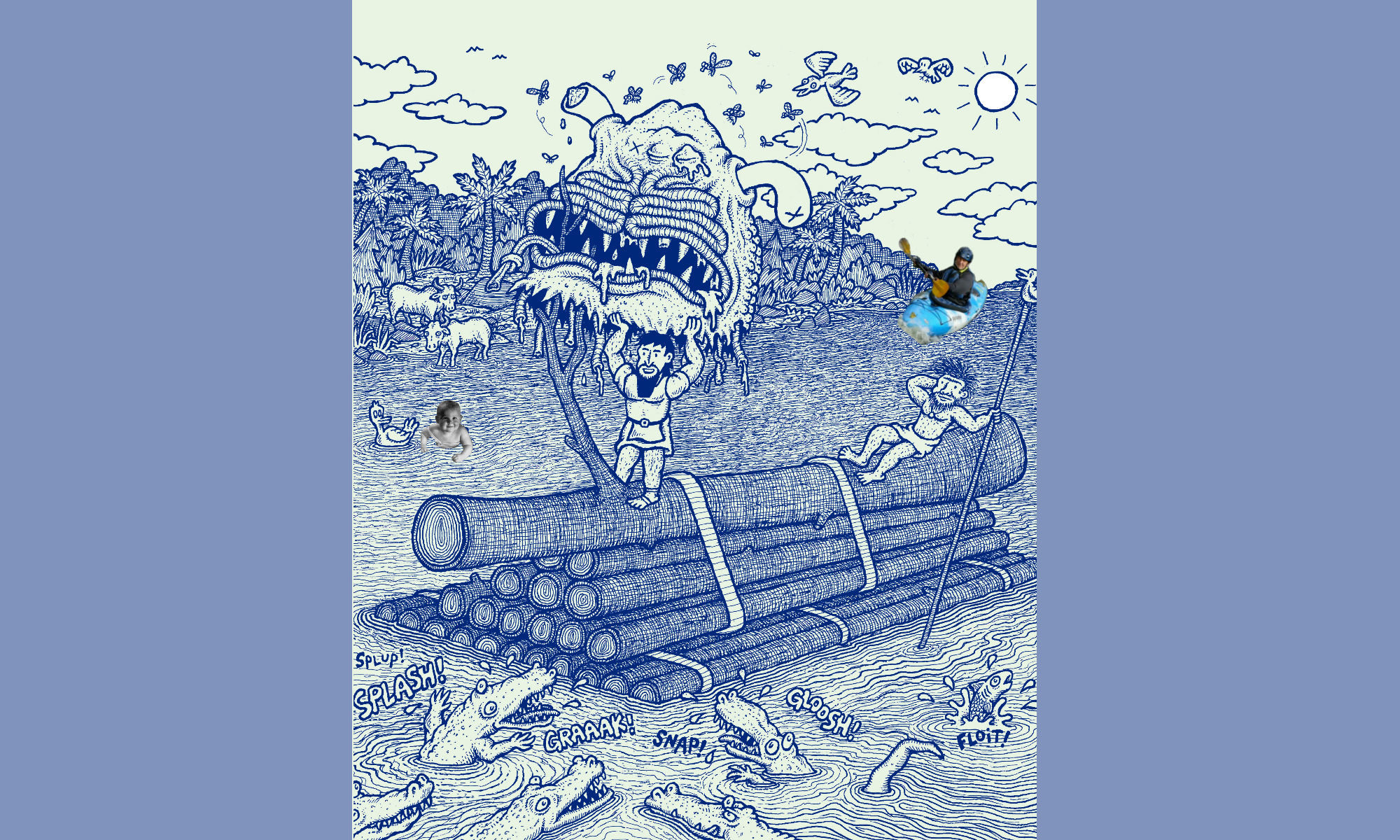You know I don’t enjoy the ugliness of life; I’m not intrigued by it. I am, however, intrigued by the affect it has on people.
The sound of rain has a weird affect on me: sleep, sadness, and micturation.
The effect of the explosion was to effect everyone with radiation.
In the three examples above, affect and effect are switched in every case but one. That is, where it says effect, it should say affect, and vice-versa, with one exception. Which is the exception? Highlight it with your mouse. What is the effect, or result, of highlighting it with your mouse? No effect? That’s because I don’t know how to effect such a reaction, given my technophobia.
For the record, both words exist as nouns, and both as verbs. So we have four meanings to play with, but really only three because one is very rare and specific. So let’s start there, with the noun:
NOUN USES OF EFFECT
An effect just means a result. What was the result of looking up the word, what was the effect on the class? For one thing, they learned that it comes from the Latin e or ex, meaning out, and the verb facere, meaning to do, which doesn’t help much. The Latin effectus comes from efficere which means to bring to pass, to accomplish, which is much better as our noun an effect means a-thing-accomplished, a consequence, a result.
What is the effect on a reader of a page mottled over with glitches?
NOUN USE OF AFFECT
The psychiatrist said the patient manifested a very flat affect, never showing any emotion at all.
This use of affect as a noun is rare, relative to the number of times you’ll see an effect meaning a result. The affect means the psychological/emotional disposition of someone–they have high affect, or low affect. Eyore would be low affect; Tigger high. The term is fairly scientific, pretty much confined to Psychology, thereapists reports, and mental institutions
Since it is rare, occuring about 5% as compared with an effect(90+%), then use that fact to your advantage. If your word is going to go into a noun slot, then go with effect. You’ll be right 19 out of 20 times.
Try it with our opening examples: (fill in the blank with affect or effect)
You know I don’t enjoy the ugliness of life; I’m not intrigued by it. I am, however, intrigued by
the _______ that it has on people.
(noun)
The sound of rain has a weird _______ on me: sleep, sadness, and micturation.
(noun)
The ________ of the explosion was to _______ everyone with radiation sickness.
(noun) (verb)
Answer: Wherever it says ” _________” up above, write in the noun effect .
(noun)
Guess what. You were just right 100%. The noun affect didn’t even occur. Very rare.
But what about that last blank: the effect of the explosion was to ________ everyone with rads.
(verb)
VERB USE OF AFFECT
to affect = to influence to act upon to produce an effect in (heh heh)
the effect of the explosion was to affect everyone with rads.
This verb to affect or influence is many times more common than the verb use of effect, which means to bring about, to cause to happen, to produce as a result, to accomplish.
His belligerant manner affected (influenced) us all adversely; so we thought about getting rid of him, leaving him outside in the subzero weather.
The absence of heat, as you know, affects the body. It begins to freeze. And freezing tissue will effect (bring about) the termination of life; that is, it would eventuate in his death. So we dragged the affectless bastard (low affect, cold, very cold) outside, and leaned him against the gate post, an effective deterrent to the little boys that kept putting dead alots in our mailbox. To our surprise, this had a charming effect: a weathered old cigar store Indian leaning there, a feckless dummy in effect.
to affect = to influence This one will be used approx. 20 times to every 5 times for effect.
to effect = to bring about, cause to happen, to produce
an effect = a result, a consequence This ratio is more like 20:1
an affect = an emotional disposition, an emotion or mood as a factor in behavior, a flat affect
